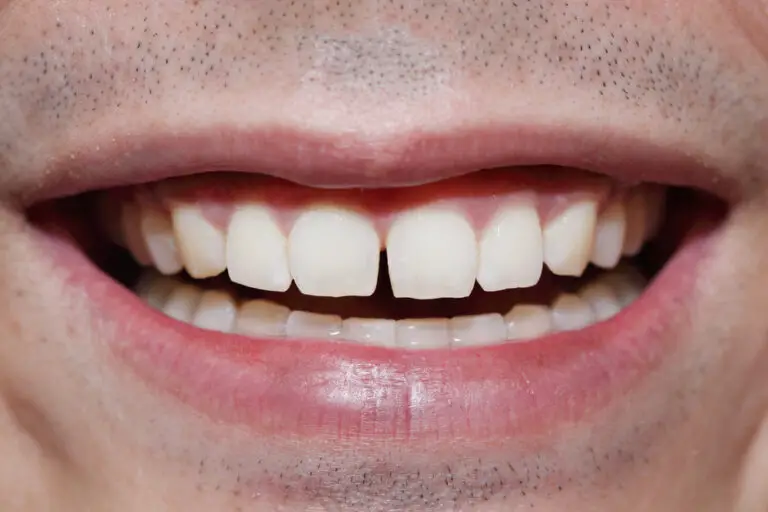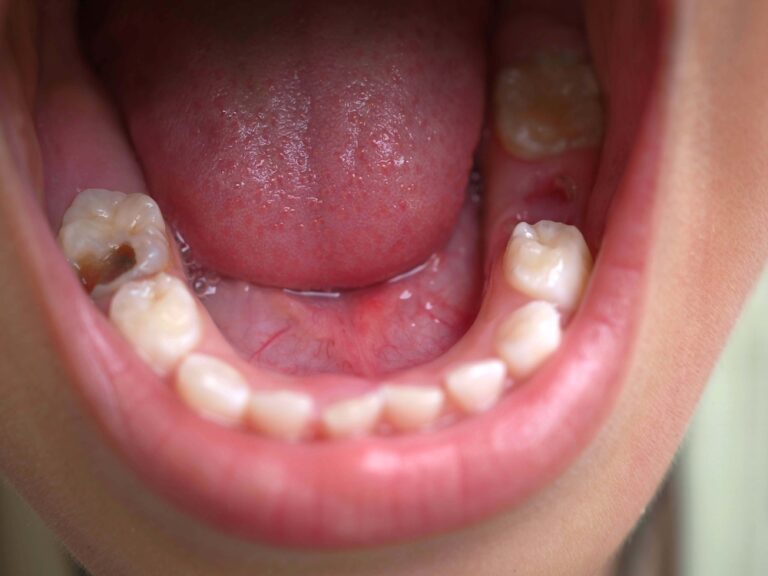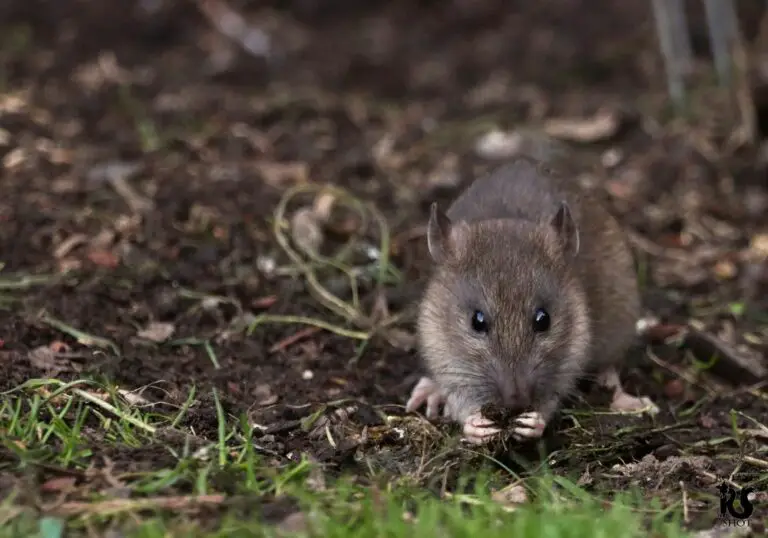Are you a new parent wondering when your baby’s first teeth will start to come in? It’s a common question among parents, and the answer can vary from child to child. While some babies may start teething as early as three months, others may not show any signs until they are a year old.
Teething is a natural process that every baby goes through, but it can be a challenging time for both the baby and the parents. Knowing the signs and symptoms of teething can help you prepare and make the process easier for everyone involved. From drooling and fussiness to a desire to chew on everything, there are several indicators that your baby’s first teeth are on their way.
In this article, we will explore the timeline of teething, the signs and symptoms to look out for, and tips for caring for your baby’s teeth. By the end of this article, you will have a better understanding of what to expect during this exciting milestone in your baby’s development. So, let’s get started and learn how to recognize when your baby’s first teeth are coming in.
Understanding Baby’s Dental Development

As a parent, it’s important to understand your baby’s dental development so you can ensure their teeth are healthy and strong. Here are some key things to keep in mind:
Growth Timeline
Most babies will develop teeth between 6 and 12 months, but there is a wide range of variability. Some babies may not have any teeth by their first birthday. Around 3 months of age, babies will begin exploring the world with their mouth and have increased saliva and start to put their hands in their mouth.
By 6 months, most babies will have their first teeth. The bottom front teeth, also known as the central incisors, are usually the first to come in. Next come the top front teeth, followed by the teeth along the sides and back of the mouth.
By age 3, most children will have all 20 of their primary teeth. These teeth will eventually fall out to make way for permanent teeth.
Teething Stages
Teething can be a difficult time for both babies and parents. Here are the three stages of teething and what you can expect:
- Stage 1: This stage usually starts around 6 months of age and can last up to a year. During this stage, your baby’s teeth are starting to move and break through the gums. This can cause discomfort and irritability.
- Stage 2: This stage usually starts around 8 months of age and can last up to a year. During this stage, your baby’s teeth are starting to emerge from the gums. This can cause swelling and tenderness.
- Stage 3: This stage usually starts around 10 months of age and can last up to a year. During this stage, your baby’s teeth are fully emerged from the gums. This can cause some discomfort as the teeth settle into place.
To help soothe your baby during teething, you can try giving them a cold teething ring or a clean, damp cloth to chew on. You can also gently rub their gums with a clean finger or offer them a pacifier. If your baby is in a lot of pain or has a fever, be sure to contact their healthcare provider.
By understanding your baby’s dental development and the stages of teething, you can help ensure that their teeth are healthy and strong.
Recognizing Teething Signs
If you’re a new parent, you may be wondering how to tell if your baby is teething. Teething can be a difficult time for both parents and babies, but recognizing the signs can help you to provide the necessary comfort and care. Here are some common physical and behavioral signs of teething to look out for:
Physical Signs
- Drooling: Excessive drooling is one of the most common signs of teething and can cause a rash or chapping around the mouth, chin, and neck.
- Swollen and Sensitive Gums: Your baby’s gums may appear red and swollen, and they may be sensitive to touch or pressure.
- Biting and Chewing: Your baby may try to bite or chew on anything they can get their hands on, such as toys, fingers, or even furniture.
- Low-grade Fever: Some babies may develop a slight fever of around 100 degrees Fahrenheit, but this is usually nothing to worry about and should go away on its own.
Behavioral Changes
- Irritability or Fussiness: Teething can be uncomfortable and painful, which can cause your baby to be irritable or fussy.
- Trouble Sleeping: Teething pain can make it difficult for your baby to fall asleep or stay asleep.
- Rubbing the Face: Your baby may rub their face or ears to try to relieve the discomfort in their gums.
- Changes in Appetite: Some babies may eat less than usual during teething because of the pain and discomfort.
It’s important to note that not all babies experience the same teething symptoms, and some babies may not show any signs at all. If you’re unsure whether your baby is teething or if you’re concerned about their symptoms, it’s always best to consult with your pediatrician.
Soothing a Teething Baby
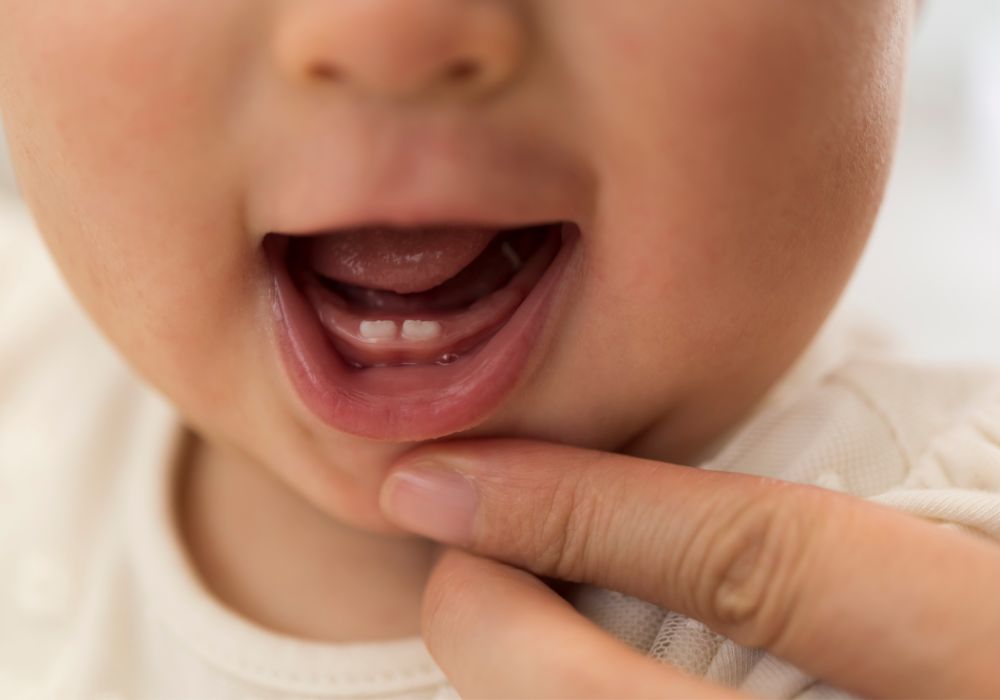
Teething can be a painful and uncomfortable experience for babies, which can lead to fussiness and irritability. Here are some ways to soothe your teething baby:
Safe Teething Toys
Teething toys can provide relief to your baby’s sore gums. When choosing a teething toy, make sure it is safe and appropriate for your baby’s age. Here are some types of teething toys to consider:
- Silicone teething rings: These rings are easy to hold and can be chilled in the refrigerator for added relief.
- Rubber teething toys: Look for toys made from natural rubber, which is safe for babies to chew on.
- Wooden teethers: These toys are durable and can be chilled in the refrigerator for added relief.
Remember to always supervise your baby when they are using a teething toy to prevent choking.
Home Remedies
If your baby is experiencing discomfort from teething, there are some home remedies you can try to provide relief:
- Cold washcloth: Wet a clean washcloth with cold water and wring it out. Place it in the refrigerator for a few minutes to chill, then give it to your baby to chew on.
- Chilled foods: If your baby is eating solid foods, you can offer them chilled mashed fruits, such as applesauce or bananas.
- Gum massage: Gently rub your baby’s gums with a clean finger or a soft, damp cloth to provide relief.
It’s important to note that some home remedies, such as teething gels or tablets, can be harmful to your baby. Always consult with your pediatrician before using any medication or home remedy for teething.
When to Consult a Pediatrician
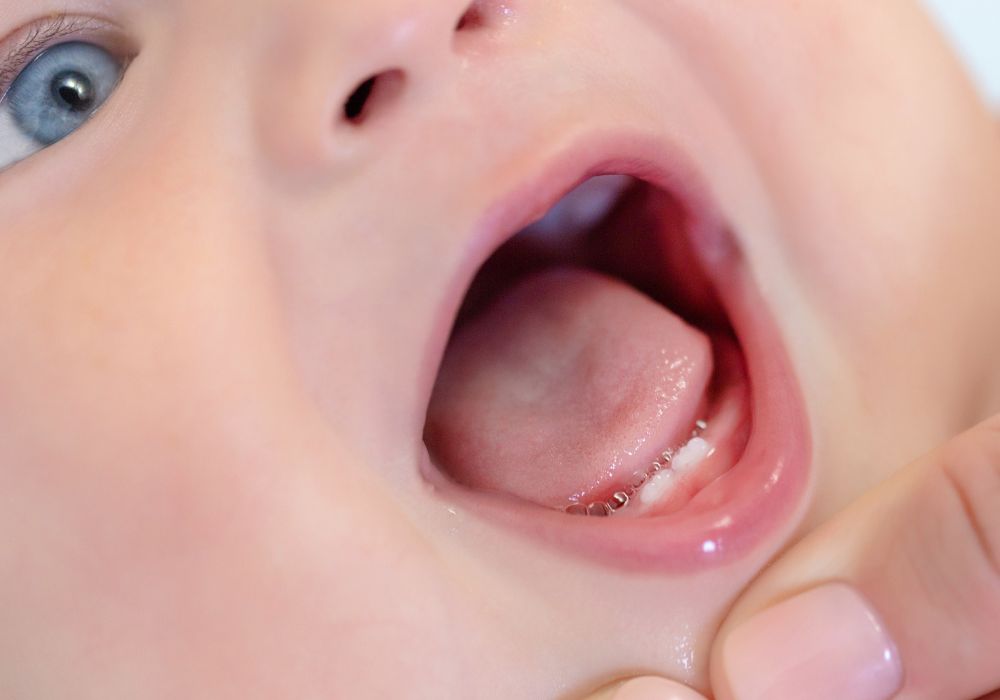
If your baby’s teeth are not coming in on schedule, or if you have any concerns about your baby’s teething process, it is important to consult with your pediatrician. Delayed teething and excessive discomfort are two common reasons to seek medical advice.
Delayed Teething
While the average age for a baby’s first tooth to emerge is around six months, some babies may experience delayed teething. If your baby has not shown any signs of teething by 12 months old, it is recommended that you consult with your pediatrician. Delayed teething can be a sign of an underlying medical condition, such as a hormone imbalance or a genetic disorder.
Excessive Discomfort
Teething can be uncomfortable for babies, but excessive discomfort could be a sign of a problem. If your baby is experiencing severe pain, fever, diarrhea, or vomiting, it is important to seek medical attention. Your pediatrician can help determine if there is an underlying issue causing your baby’s discomfort and recommend appropriate treatment.
Remember, every baby is different and may experience teething differently. If you have any concerns about your baby’s teething process, don’t hesitate to consult with your pediatrician. They can provide guidance and support to help you and your baby through this exciting milestone.
Frequently Asked Questions
What are some signs that my baby is teething?
Teething can be a difficult time for both babies and parents. Some signs that your baby may be teething include drooling, fussiness, irritability, and biting or chewing on objects. Your baby may also experience swollen or tender gums, trouble sleeping, and a slight rise in temperature.
Are there any remedies to soothe a teething baby?
There are several remedies that may help soothe a teething baby. Offer your baby a cold teething ring or a clean, damp washcloth to chew on. You can also massage your baby’s gums with a clean finger or offer them a cold, soft food like applesauce or yogurt. Over-the-counter teething gels or pain relievers may also provide temporary relief, but be sure to talk to your pediatrician before using them.
When can I expect my baby’s first teeth to come in?
Most babies get their first teeth between 4 and 7 months of age, but it can vary. Some babies may start teething as early as 3 months, while others may not get their first tooth until after their first birthday. The order in which teeth come in can also vary, but typically the bottom front teeth come in first, followed by the top front teeth.
What do my baby’s gums look like before their teeth erupt?
Before your baby’s teeth erupt, you may notice that their gums are swollen, red, and sensitive to the touch. You may also be able to feel the outline of the tooth under the gum.
Can breastfed babies experience teething symptoms?
Yes, breastfed babies can experience teething symptoms just like formula-fed babies. Teething is a natural process and does not depend on the way your baby is fed.
Is it possible for babies to start teething at two months old?
Yes, it is possible for babies to start teething as early as 2 months old. However, it is more common for teething to begin around 4 to 7 months of age. If you are concerned about your baby’s teething, talk to your pediatrician.



